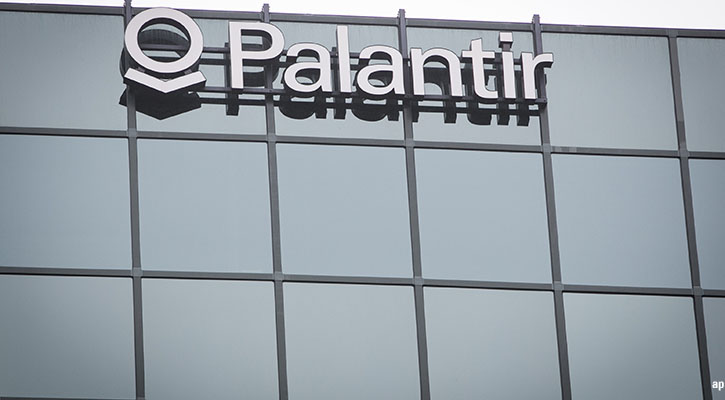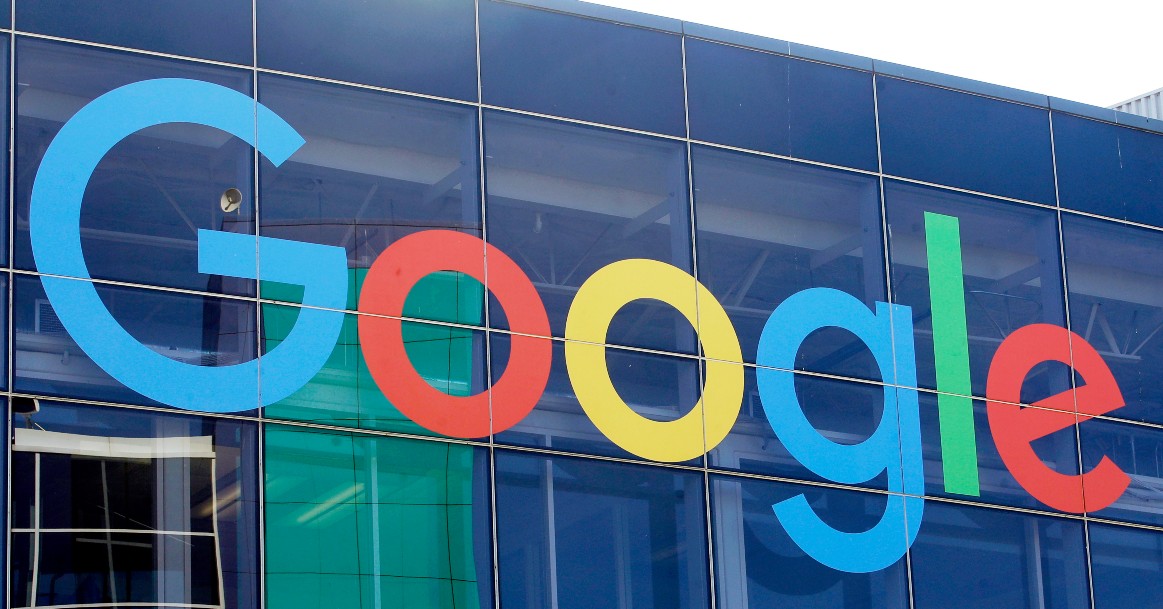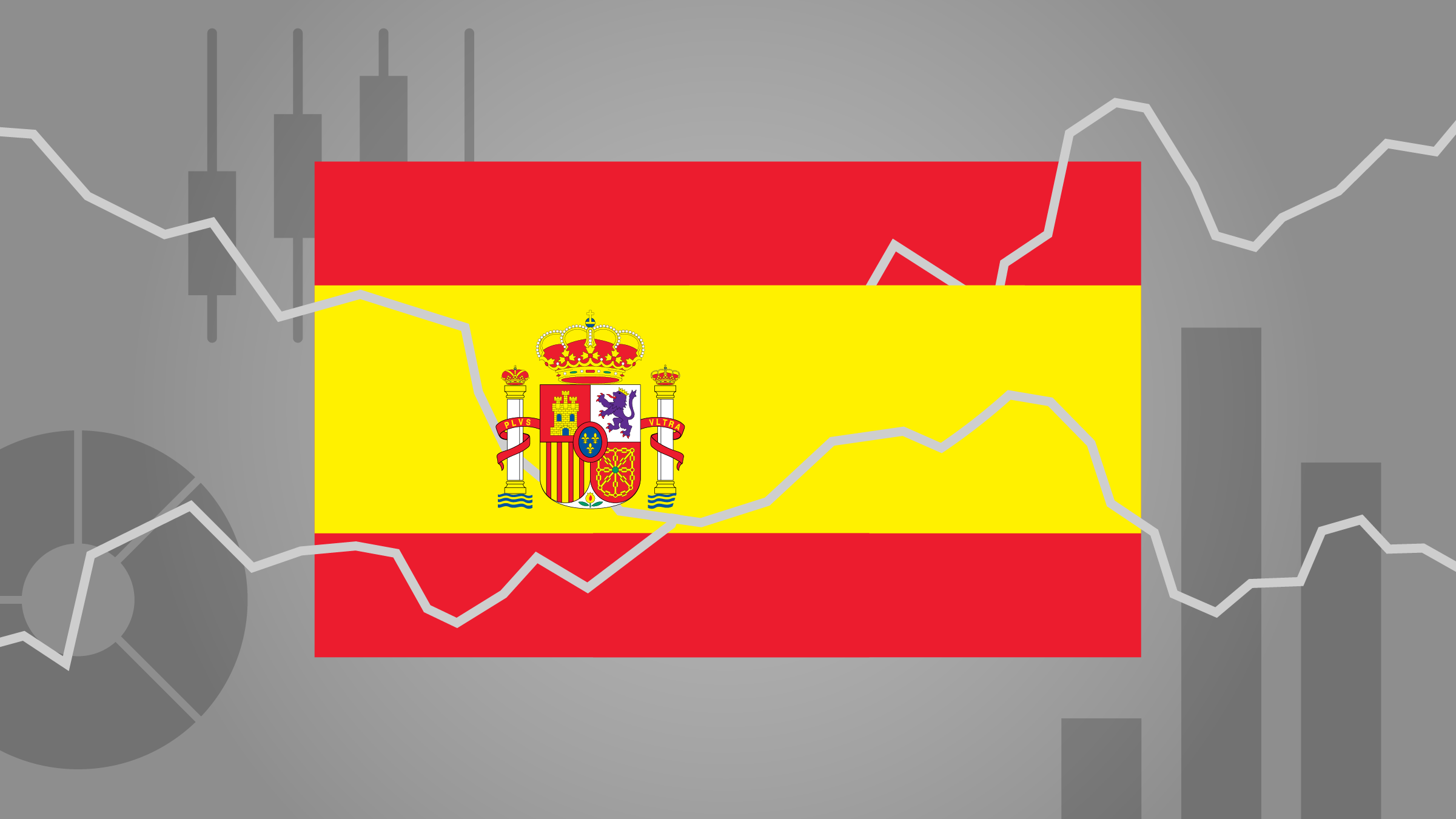Jeremy Grantham es un reconocido gestor en Estados Unidos. Es el fundador de la gestora GMO.
Participó en nuestra última Conferencia Morningstar Europea en Amsterdam el pasado 16 de marzo y nos ha parecido interesante compartir la entrevista que le hicimos en aquel momento.
Hemos troceado la intervención de Grantham en 3 secciones:
Parte 1: Invertir en un contexto de cambio climático
Parte 2: Cómo el cambio climático afectará a su cartera
Parte 3: Jeremy Grantham sobre el cambio climático y las materias primas
Pinche en cada imagen para lanzar el video.
Parte 1: Invertir en un contexto de cambio climático
Jon Hale: It seems as though climate change today is moving faster than even scientists thought possible. And we're starting to see more direct evidence of it and experience direct evidence of it. I mean, it's literally in the headlines every day. I wake up every morning and look at the newspaper and the climate change.
New York Times yesterday headline: "Large sections of Australia's Great Barrier Reef are now dead, scientists find," and from the article, "We didn't expect to see this level of destruction to the Great Barrier Reef for another 30 years, another marker of the ravages of global climate change," Wake up today, headline: "Climate change is making us sick, top doctors say"; Increases in deadly disease, air pollution and violent weather caused by man-made climate change is making us sicker, according to a report released Wednesday by 11 of the nation's top medical societies."
So, my question to you, Jeremy is, are we too late? I mean, is our inability to focus on the long term finally going to do us in when it comes to climate change?
Jeremy Grantham: Well, I must say this is going to be the race of our lives. I used to get it 50-50 that we could protect the civilization as we know it, and maybe Trump has sent that back 1 or 2 percentage points.
But to frame how close the race is, we've been around for 300,000 years and civilization for 12,000 and everything is coming down into this little window. If you would give me the technology today and the population of 100 years ago, we would cruise gracefully into the future with no problem. If you reverse that and you give me today's population with the technology of 100 years ago, I can guarantee you our civilization, as we know it, would fail.
What has happened is that fossil fuels have really carried us beyond the planet's capacity to sustain us. We're running now at about 1.5 planet's worth. But if the rest of the world means to catch up with the U.S., it will take us to 5-plus planets. Our job is to use good sense, good policy, and technology to buy us time for the population to fall.
Now, let me just frame this with a series of important exhibits. This is the carbon dioxide in the atmosphere for the last 400,000 years. At the peak, you have a brief 10,000-year breather from the ice ages which have dominated this period 80% of the time. The gap between the ice age and the interglacial is 120 parts per million, and in 1950 we were getting ready, I suppose, you could say in the next 1,000 years or 2,000 to roll into another ice age. Bang, that's where we are. We have gone up in 65 years more than the entire range from the top of an ice age to the interglacial.
This is not insignificant. And even very recently it continues to accelerate. 0.007°C for the first half of the last century; 0.015°C, more than twice the rate at the end and between the last two El Niños, which is lining up the top of bull markets at 25 bps. And you will not hear this from scientists until very, very recently anyway. They will not tell you that it's accelerating. Here we were in January 2016 when we had a breakout and then February was a great shock even to climate scientists.
This has consequences. Warmer atmosphere means more water vapor, means more downpours as you can see. And downpours are critical as they are the main villain in erosion of soil. We're losing 1% of our soil a year and at this rate, of course, we will have disasters.
That is my sister's house. Who knew? We thought she was on the bank of the river near Henley in England and then in 2014 found herself in the middle of the river.
This is the melting of the two ice caps north and south chugging along. You can see that band is 35 years fairly wide and then Oct. 4 it freaks out, two weeks later has a bigger gap, a bigger increase in melting than the entire 34 years had.
The ocean level, the biggest thing here is the great uncertainty. Two feet is threatening, 6.5 feet is lethal. And finally, to my rescue came a peer-reviewed article two weeks ago on ocean level and it said, it is warming faster than we thought and it is accelerating. As far as I know, the first clear peer-reviewed article that points out the acceleration. On the right-hand side, I worked out for you in the first 40 years it was increasing by 37 units a year and in the last 26 years by 99 units a year. This is not rocket science. It's getting worse at a very rapid rate.
A quick panel to show you some of the implications here. Coastal flooding top left, wild fires top right, natural disasters bottom right, and precipitation bottom left.
Parte 2: Cómo el cambio climático afectará a su cartera
Jeremy Grantham: To scale some of these issues, $9 trillion to decarbonise electricity completely; $6.5 trillion toward energy efficiency retrofitting buildings. The global revenue of advanced energy industry throwing all these together is currently $1.4 trillion a year, twice the airlines and larger than apparel and growing in America at 5% a year three times the underlying GDP and worldwide at over twice the rate.
The uncertainties of what you ignore at your portfolio's peril. Will there be carbon taxes everywhere and if there are, what are the potential for stranded assets, particularly in the oil industry. And I'm happy to pause for breath.
Jon Hale: So, it's really, Jeremy, a race between resource depletion that's exacerbated by climate change, and I mean, the human's ability to develop through technology and renewable energy the solutions?
Grantham: That's exactly right. And by the way, if we were well-behaved individuals, if we actually lived up to our potential as a species, we would have no problems. We could do away with global poverty, we could have the population gracefully decline over 200 or 300 years back to 2 billion to 3 billion and everything would work out fine. It's because we are not well-behaved. It's the gap between what we're capable of doing and how American alleged democracy works where it is basically owned by large corporations and notably the fossil fuel industry.
Hale: You mentioned the gap. Do you have any sense of the gap between the numbers you showed about what's needed from an investment standpoint and what's actually being invested and available to be invested, is it a private market's, is it capital market's issues, or is it something that takes public investment?
Grantham: At the moment, not only is the investment flow inadequate, but actually the demand for the investment is inadequate. In other words, the plans are not being put on the table. Those that are kicking and screaming tend to be able to raise the money these days. And for a very good reason because many of them have a perfectly decent return associated with them.
In my foundation, which has taken virtually all my income for the last 15 years and has 80% of my capital, engages 20% of its money in mission-driven investing. And so, we have a very lively interest in these issues. And we expect to make a very handsome return investing in renewables and efficiency in particular.
Hale: You mentioned carbon tax as one of the uncertainties investors ought to be paying attention to. It seems like that would address demand issues. We got a proposal recently floated by some Republican ... statesmen, I guess, I would call them since they are politicians who are no longer in office, recently and seemed like a reasonable approach and kind of a standard approach to reducing our carbon footprint. How important do you think something like that is to solving the problem?
Grantham: I think a historian 30, 40 years from now looking back would see that if it happened as a watershed event, a decent carbon tax starting at $25 and rising to $100 a ton would change the world as we know it. And if you took that money, it's a real revenue raiser, and rebated it equally to every American or every European, it's a very cost-effective way of solving this problem and bringing on - encouraging improvements and the move to solar cars and so on, sorry, electric cars.
Parte 3: Jeremy Grantham sobre el cambio climático y las materias primas
Jeremy Grantham: This is my favourite exhibit on oil. For 100 years, it oscillated wildly, which is it's wound around $19 and then in OPEC of 1972 it jumped to about $36 and then more recently it jumped, I think, to about $65. I used to think $75, but about $65. The point here is it's not $19 in today's currency. We have nearly quadrupled the cars. We are beginning to show signs of all resources running out.
This was the general graceful decline in prices of resources and then we had a recovery for no known reason. Not World War I or World War II like the others, it just went up. And then it came down and bounced around. But you can see that the old trend is probably dead and gone, and I believe price of oil will once again in several years be considerably higher.
Agriculture is another point which interacts with climate change and other problems. The productivity in the green revolution on the left was 3.5% a year, just sensational. In three years, you had a 10% increase. Not surprisingly, it came down. It's down to 1.2% which is exactly the 10-year average growth in global population. We have no safety margin, no run for people to eat cattle which is 5 times as grain intensive. It is a dead heat at the moment and erosion and climate change working against us.
Another problem you will not be aware of is that you cannot grow anything, animal or vegetable, without phosphorus or potassium, but we'll deal phosphorus because 77% of all the cheap useful phosphorus in the world is in Morocco and the Western Sahara that it controls. If you took them out for any political reason, in 55 years, assuming a 2% annual growth in food, and we run out.
Why a crisis now on resources? The population explosion. When you see any chart like this in investing, you want to jump. I put in Malthus at $1 billion and my birth at under 2 billion, 1.7 billion, and now we're 7.5 billion heading almost certainly to 10 billion. And the other reason was China gobbling up the world. 53% of every bag of cement on the planet was used in China and 48% of all the iron ore, etc., 47% of the coal.
The possible saving grace to frame this picture is the declining population growth, the fertility rate that Malthus never even dreamt of. We have chosen because children are damn expensive and incredibly inconvenient. All the developed countries have decided to drop below a replacement level and as have China, Japan, and the Far East. The only problem here is Africa, and if the U.N. were to be right, which it will not be, you can see in red a 2 billion increase and change, 2.5 billion, in the rest of Africa and Nigeria exploding to 750 million. When I was born, it had 26 billion.
Incidentally, Syria had 2.8 million and now has 28 million. It has many more migrants than it had population when I was born. The big problem here is pressure on resources forcing immigration from Africa and the near east, climate change making it worse and threatening the liberal tradition of Europe with the waves of immigration, which I'm sorry to say I wrote about four years ago, the liberal traditions are looking a little shaky as we sit.
The other saving grace is the enormous progress in alternatives, far greater than most people realize. You can see the stunning scale for utility, solar there from $400 to $54 just in the last handful of years and wind keeping up. They have actually been bided and accepted, signed contracts at 30 on both of them in northern Chile and Qatar.
And this is now competitive. Solar and wind without year-round storage is cheaper than coal. On the contracts signed, in Chile, you are talking a lower price than the variable cost of coal, just the cost of the material not the cost of the plant, the maintenance and the depreciation.









.jpg)

:quality(80)/cloudfront-us-east-1.images.arcpublishing.com/morningstar/NNGJ3G4COBBN5NSKSKMWOVYSMA.png)

:quality(80)/cloudfront-us-east-1.images.arcpublishing.com/morningstar/65ZULTM63AT4J7TRZBDQ2L7XIA.jpg)
















